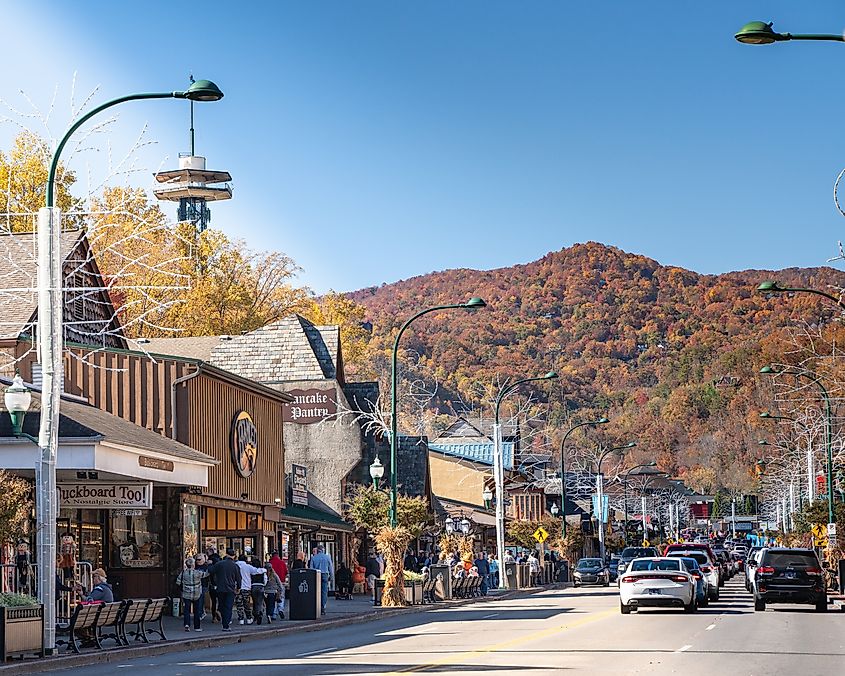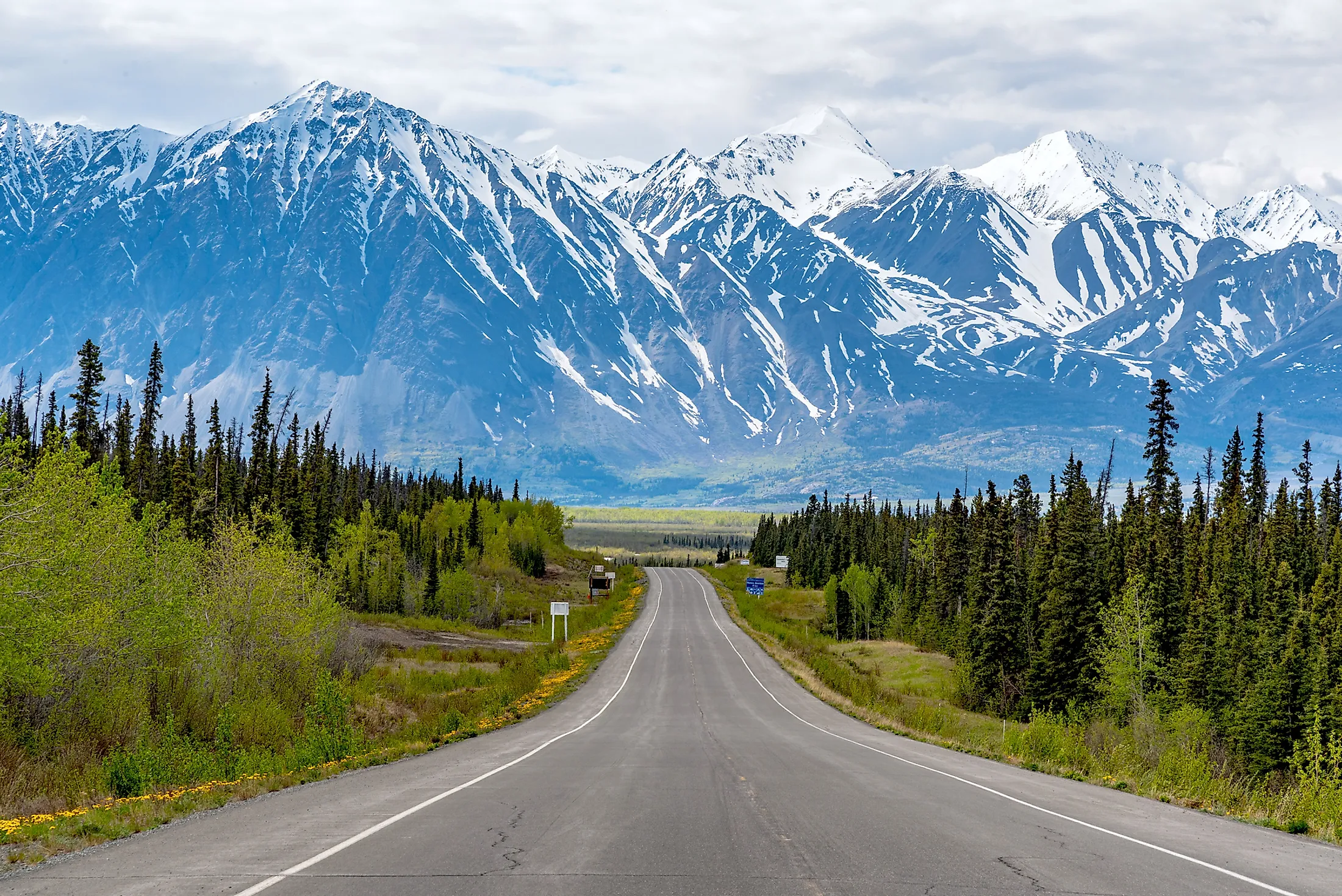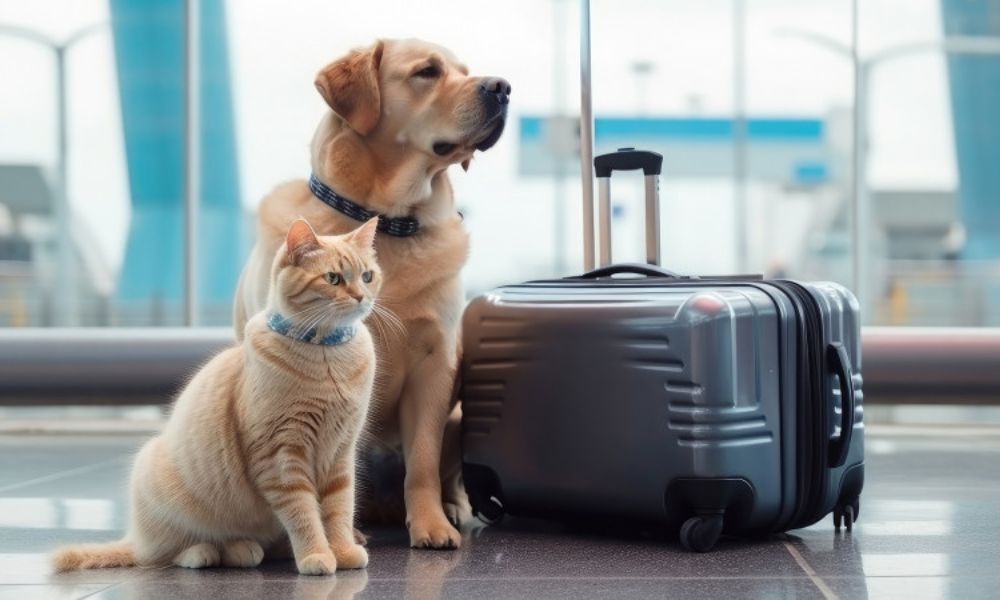
Ultra-Luxury Breakaway: Why the 1% Travel Market Has Become Its Own Universe
There’s a fundamental misread happening in luxury hospitality right now. Some market commentators fret over softening demand and hotels panic about occupancy dips – but the ultra-high-end has broken off from every traditional market indicator. It’s not a recession, not a slowdown. It’s a secession. The Mandarin Oriental occasional guest might pull back when financial markets wobble. The aspirational traveler saving for a once-a-year splurge absolutely will. But the Airelles or La Réserve guest booking their third multi-villa buyout this year? They’re operating in a completely different economy – one where bills are paid not by credit cards but by wires bouncing between holding companies. The result is a parallel hospitality universe with its own rules of physics. Economic headwinds don’t suppress bookings; they concentrate them among the few who live beyond them.
This divergence signifies a profound shift in the travel industry, one that demands a re-evaluation of traditional market analysis and forecasting models. The ultra-luxury travel sector, encompassing experiences and accommodations that cater to the wealthiest percentile, has demonstrated remarkable resilience and even growth in the face of global economic uncertainties that significantly impact broader travel trends. This phenomenon isn’t entirely new, but its acceleration in recent years points to a more permanent restructuring of the luxury market.
To understand this "secession," it’s crucial to consider the historical context. The rise of ultra-luxury travel is intrinsically linked to the increasing concentration of wealth globally. Over the past three decades, globalization and technological advancements have fueled unprecedented wealth creation, primarily benefiting a small segment of the population. This has led to a demand for exclusive and personalized experiences that cater to their unique needs and desires, transcending the limitations of traditional luxury offerings. The seeds of this divergence were sown long ago, but recent events have catalyzed its dramatic manifestation.
Moreover, the COVID-19 pandemic further exacerbated this trend. While the pandemic decimated the broader travel industry, the ultra-high-net-worth (UHNW) segment experienced a relatively smaller dip, followed by a rapid resurgence. This resilience can be attributed to several factors, including the ability to travel privately, a reduced sensitivity to price fluctuations, and a desire for secure and controlled environments. As borders reopened, this segment was among the first to resume travel, driving demand for private jets, exclusive villas, and bespoke experiences.
"The pandemic acted as an accelerant, solidifying the ultra-luxury market’s independence," says Dr. Eleanor Vance, Senior Market Analyst at Global Travel Insights. "While mainstream luxury saw significant disruptions, the UHNW segment prioritized safety and exclusivity, leading to a surge in demand for private and personalized travel options. This has fundamentally altered the landscape, creating a distinct ecosystem immune to many of the pressures faced by the wider industry."
The statistical evidence supports this assertion. According to a recent report by Luxury Travel Research, spending on ultra-luxury travel experiences increased by an estimated 18% in the past year, despite ongoing economic uncertainties. This growth is particularly pronounced in regions with a high concentration of UHNW individuals, such as North America, Europe, and the Middle East. Furthermore, the average transaction value for ultra-luxury travel bookings has increased by $35,000, indicating a willingness to spend more on unique and exclusive experiences. Another key indicator is the growth of private aviation. The number of private jet flights increased by an estimated 45% compared to pre-pandemic levels, driven by the demand for safe and convenient travel among the ultra-wealthy.

This breakaway is also fueled by a shift in priorities among the ultra-wealthy. Experiences are increasingly valued over material possessions. This demographic seeks transformative travel experiences that offer personal enrichment, cultural immersion, and a sense of exclusivity. They are willing to pay a premium for personalized itineraries, access to rare and unique events, and the opportunity to connect with like-minded individuals. The demand for sustainability and ethical travel is also growing within this segment, with a preference for eco-friendly accommodations and experiences that support local communities.
The implications of this trend are far-reaching. For luxury hospitality providers, it necessitates a strategic shift away from traditional marketing and operational models. Focusing on mass-market luxury is no longer sufficient. Instead, they must cater to the unique needs and preferences of the UHNW segment by offering highly personalized services, exclusive access, and bespoke experiences. This requires a deep understanding of their clientele, a commitment to exceptional service, and a willingness to invest in innovative technologies and offerings.
Furthermore, the rise of ultra-luxury travel raises important questions about social equity and sustainability. While this segment contributes significantly to the tourism economy, it also exacerbates existing inequalities and can have negative environmental impacts. Policymakers and industry stakeholders must work together to ensure that the benefits of tourism are shared more equitably and that the industry operates in a sustainable manner. This includes promoting responsible tourism practices, investing in local communities, and mitigating the environmental footprint of travel activities.
"The ultra-luxury breakaway presents both opportunities and challenges," observes Professor James Harding, Professor of Public Policy at the Institute for Sustainable Development. "While it can drive economic growth and innovation, it also risks widening the gap between the haves and have-nots. It’s crucial to implement policies that promote inclusive and sustainable tourism development, ensuring that the benefits are shared by all stakeholders."
Looking ahead, the ultra-luxury travel market is expected to continue its upward trajectory. The number of UHNW individuals is projected to increase significantly in the coming years, driven by economic growth in emerging markets and technological advancements. This will further fuel demand for exclusive and personalized travel experiences. However, the industry will also face increasing scrutiny regarding its environmental and social impacts. Travelers are increasingly aware of the importance of sustainability and are demanding more responsible and ethical travel options.
To thrive in this evolving landscape, luxury hospitality providers must embrace innovation and adapt to changing consumer preferences. This includes investing in sustainable technologies, promoting responsible tourism practices, and creating authentic and meaningful experiences that resonate with the values of the UHNW segment. They must also prioritize personalization, offering bespoke services that cater to the unique needs and desires of each individual traveler. Furthermore, collaboration and partnerships will be essential for success. Luxury hospitality providers must work closely with local communities, governments, and other stakeholders to create a sustainable and inclusive tourism ecosystem.
The long-term consequences of this ultra-luxury breakaway are complex and multifaceted. On one hand, it could lead to further segmentation of the travel market, with a growing divide between the haves and have-nots. On the other hand, it could drive innovation and raise the bar for the entire industry, inspiring new and more sustainable models of tourism development. Ultimately, the future of ultra-luxury travel will depend on the choices we make today. By prioritizing sustainability, inclusivity, and responsible tourism practices, we can ensure that this sector contributes to a more equitable and prosperous world for all. The industry must strive to integrate sustainable practices and demonstrate a commitment to social responsibility. Failing to do so could lead to reputational damage and a backlash from increasingly conscious consumers. The parallel universe may continue to expand, but its orbit must align with the principles of ethical and sustainable development to ensure its long-term viability. The decoupling of the ultra-luxury travel market represents a significant transformation. Understanding its drivers, implications, and potential future trajectories is crucial for industry stakeholders, policymakers, and anyone interested in the evolving landscape of global travel and tourism.



